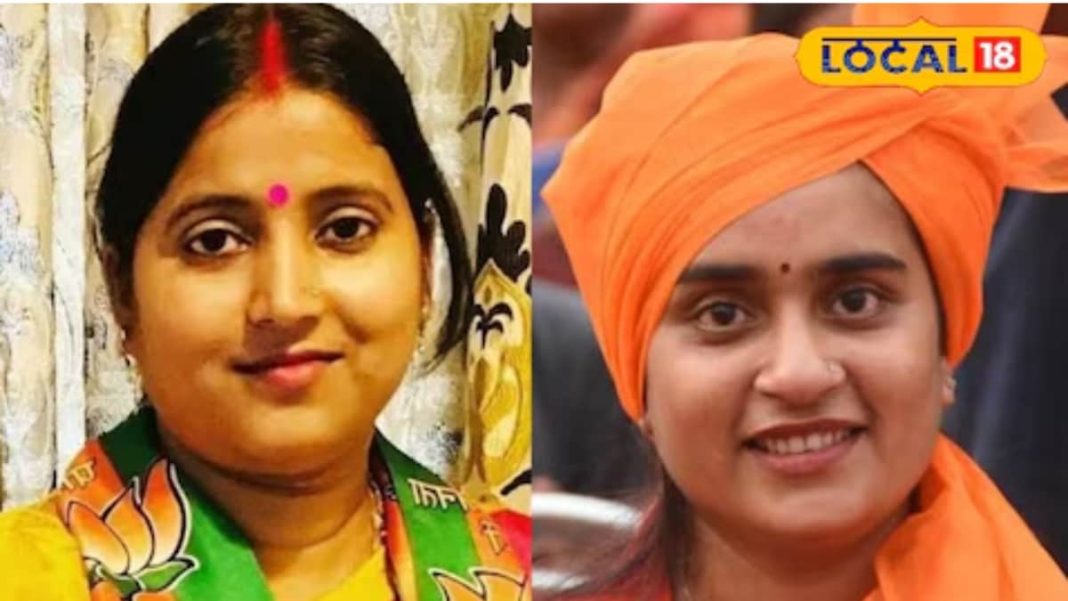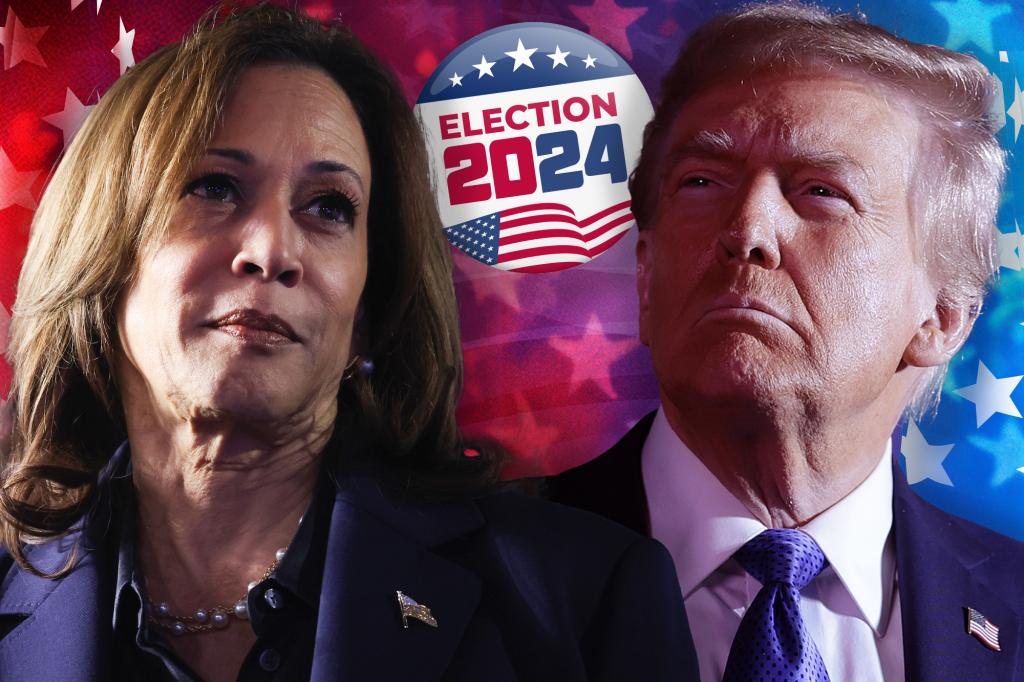Political Showdown in Jharia: The Battle of the Singh Sisters-in-Law
As the political landscape heats up ahead of the 2024 Jharkhand assembly elections, all eyes are on the Jharia assembly seat, a historical battleground that has seen its fair share of drama and rivalry. This time, it’s a family affair as Purnima Singh of Congress and Ragini Singh of BJP, both sisters-in-law, prepare to face off once again. With the stakes high and the legacy of the influential Singh family hanging in the balance, the upcoming elections promise to be a thrilling contest.
In the 2019 assembly elections, Purnima Singh emerged victorious, securing 50.34% of the votes against Ragini Singh, who garnered 42.73%. This marked a significant shift in power from the ‘Singh Mansion’—the traditional stronghold of the Singh family—to ‘Raghukul,’ the faction led by Purnima’s family. The rivalry between these two political families has deep roots, with the Singh family dominating Jharia for over four decades.
A Legacy of Power
The Singh family, particularly Surya Dev Singh and his relatives, have held sway over Jharia politics since the seat’s inception in 1967. Surya Dev Singh first won the seat in 1977 and continued to dominate until 2009, with various family members stepping into the political arena over the years. His son, Sanjeev Singh, took the reins in 2014, but the tide turned in 2019 when Purnima Singh defeated Ragini Singh, marking a pivotal moment in Jharia’s political history.
The rivalry intensified after the tragic murder of Neeraj Singh, Purnima’s husband, in 2017, which added a layer of complexity to the ongoing political saga. Sanjeev Singh, who was implicated in the murder case, saw his political fortunes wane as Purnima Singh rose to prominence.
The Current Political Landscape
Fast forward to 2024, and the political stakes are just as high. The BJP has once again fielded Ragini Singh, while Congress has retained Purnima Singh as their candidate. With a total of 3,01,564 voters in Jharia—comprised of 1,59,623 male and 1,41,925 female voters—the competition is fierce. The administration is actively working to update the voter list, which could potentially increase the number of voters before the elections.
Local journalist Arun notes that Jharia’s politics are heavily influenced by coal workers and labor unions, making their support crucial for any candidate. The region has faced significant challenges, including underground coal mine fires that have led to environmental degradation and health issues for residents. Key electoral issues such as displacement, access to clean water, and pollution are at the forefront of voters’ minds.
Looking Ahead
As the second phase of voting approaches on November 20, with results set to be counted on November 23, the atmosphere in Jharia is charged with anticipation. The previous election saw a voter turnout of just 52.71%, the lowest among the six assembly seats in Dhanbad, highlighting the need for candidates to engage with the electorate effectively.
With the legacy of the Singh family on the line and the future of Jharia hanging in the balance, this election is more than just a political contest; it’s a battle for the heart and soul of a community. As Purnima and Ragini prepare to go head-to-head once again, the residents of Jharia are poised to make their voices heard in what promises to be a historic election.



